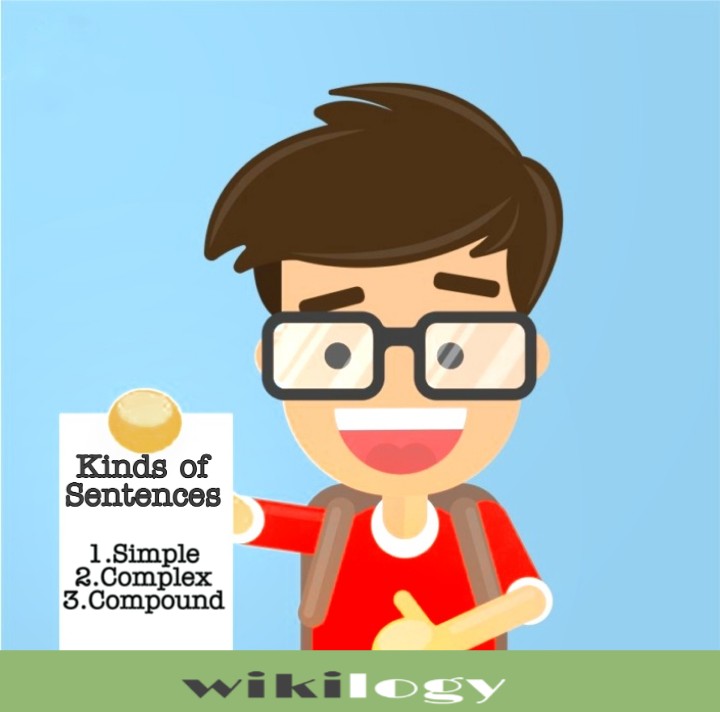Phrases and Clauses- with Examples and Exercises: English Grammer

In a sentence, some words are used in a group. The groups of words are two types. They are Phrases and Clauses. If you want to learn kinds of sentences - Simple, Complex & Compounds, you first have to know Phrases and Clauses. In this article, I'm going to discuss phrases and/VS clauses. This article is suitable for the the students of class 2, 3, 4, 5 ,6 ,7 8, JSC, 9, 10, SSC, 11, 12, HSC.
Phrases
- The student left the class in a body.
- He is on the bank of ruin.
In these sentences, 'in a body' and 'on the bank' these groups of words can't express the expression completely but express an incomplete expression. Besides, they are used as parts of speech. They have no subject & finite verb. They are called Phrases.
Definition of Phrase
A phrase is a group of words that express an incomplete expression having no subject and finite verb and is used as a part of speech.
Types of Phrase
There are five types of phrases. They are:
- Noun phrase
- Adjective Phrase
- Adverb Phrase
- Preposition Phrase
- Conjunction Phrase
Noun phrase
The phrase which is used as a noun is a Noun Phrase.
I don't know how to swim. To swim is a good exercise.
The first phrase 'To swim' is used as an object of the verb 'know'. And it is working as a Noun. So, the first phrase 'To swim' is a noun phrase.
The second phrase 'to swim' is used as the subject of the verb 'is'. And it is also working as a noun. So the second phrase 'To swim' is a noun phrase as well.
Adjective Phrase
The phrase which is used as an adjective is an Adjective Phrase.
He is out and out a gentleman.
Here the phrase 'out and out' qualifies the noun 'gentleman'. That means it is working as an adjective. So 'out and out' is an adjective phrase.
Adverb Phrase
The phrase which is used as an adverb is an Adverb Phrase.
The sinners suffer in the long run.
Here the phrase 'in the long run' qualifies the verb 'suffer' and working as an Adverb. So, 'in the long run' is an adverb phrase.
Preposition Phrase
The phrase which is used as a preposition is a Preposition Phrase.
In spite of his illness, he attended the meeting yesterday.
Here the phrase 'in spite of' which is sitting before the noun 'illness' expresses the relation between the verb 'attended' and the noun 'illness'. That means it is working as a preposition. So, 'in spite of' is a preposition phrase.
Conjunction Phrase
The phrase which connects two clauses in any sentence is called a conjunction phrase.
I will be back as soon as I can.
Here the phrase 'as soon as' connects 'I will be back' and 'I can'. That means it is working as a conjunction phrase. So, 'as soon as' is a conjunction phrase.
Clauses
- Jason said that he would help me.
- John saw a boy who was playing football.
In these sentences, if you look at these groups of words 'that he would help me' and 'who was playing football', you can see that each of them has a subject and a finite verb. And these groups of words are used as parts of sentences. So, they are called 'Clauses'.
Definition of Clause
A group of words that has a subject and a finite verb is a Clause. And it is used as a part of a sentence.
Types of Clauses
There are three types of clauses. They are:
- Principal Clause
- Subordinate Clause
- Co-ordinate Clause
Principal Clause
The clause that has a subject & a finite verb and can express the complete meaning independently after being separated from the root sentence.
Example:
Everybody likes him because he is very simple. Here the clause 'Everybody likes him' is a principle clause. Because it can express complete meaning when it is separated from the root sentence.
Subordinate Clause
The clause that has a subject & a finite verb but it is dependent on the principal clause to express the complete meaning is a subordinate clause or dependent clause.
Example:
Unless you work hard, you will fail. Here the clause 'Unless you work hard' is a subordinate clause.
Coordinate Clause
When two or more principal clauses are connected by any coordinating conjunction then it is called a Coordinate Clause.
Example:
I sent him a letter and he replied.


